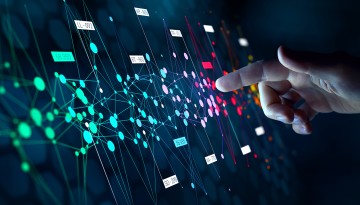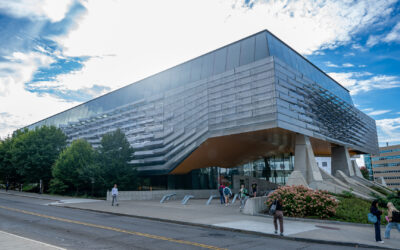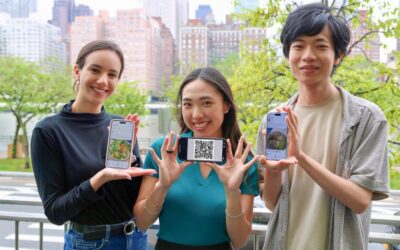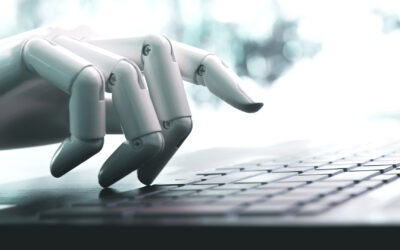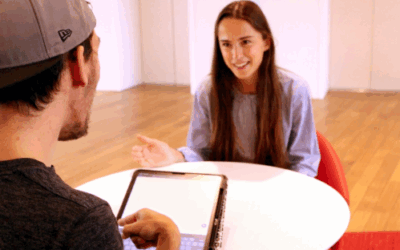Artificial intelligence has improved by leaps and bounds over the last few decades and has changed the way many people, including corporate managers, conduct business. But the use of algorithms in managerial decision-making isn’t universal, and there are a few factors that spur greater use of AI: how the manager gets paid, and how the artificial intelligence is framed, according to a new study co-led by a Cornell researcher.
Cornell AI News
News Category
Filter by Topic
Bowers faculty outline priorities for federal funding in AI
Artificial intelligence (AI) is reshaping economic systems, geopolitics, and society—and its transformative influence is set to deepen in the years ahead. The United States’ leadership in AI follows a similar blueprint to previous technological revolutions—such as semiconductors and the Internet—where federal investments played a catalytic role.
New ‘Thought Summit’ series welcomes proposals on data science and AI
Cornell faculty are invited to submit proposals for Thought Summits, a new forum designed to catalyze interdisciplinary research in data science and artificial intelligence (AI) and to position Cornell as a national leader in these rapidly evolving fields. Proposals will be accepted through June 16.
Smarter, faster AI models explored for molecular, materials discovery
Cornell researchers are demonstrating how artificial intelligence – particularly deep learning and generative modeling – can accelerate the design of new molecules and materials, and even function as an autonomous research assistant.
Delicious innovation: Students aim to shake up the food system
Cornell students are driving innovation in the food industry through entrepreneurship, developing solutions that enhance nutrition tracking, reduce waste, and improve sustainability. Initiatives include AI-powered nutrition tracking, upcycled dried fruit products, low-calorie juice alternatives, and agricultural hydrogels made from repurposed insects.
Gender, nationality can influence suspicion of using AI in freelance writing
A new study by researchers at Cornell Tech and the University of Pennsylvania shows freelance writers who are suspected of using AI have worse evaluations and hiring outcomes. Freelancers whose profiles suggested they had East Asian identities were more likely to be suspected of using AI than profiles of white Americans. And men were more likely to be suspected of using AI than women.
AI tools help people with speech disabilities make timely jokes
A team of researchers from Cornell Tech is reimagining how technology can support users with speech disabilities – not just in functional speech, but also in making real-time jokes during conversations.
Personalized AI tools can combat ableism online
New Cornell research reveals that social media users with disabilities prefer more personalized content moderation powered by AI systems that not only hide harmful content but also summarize or categorize it by the specific type of hate expressed.

